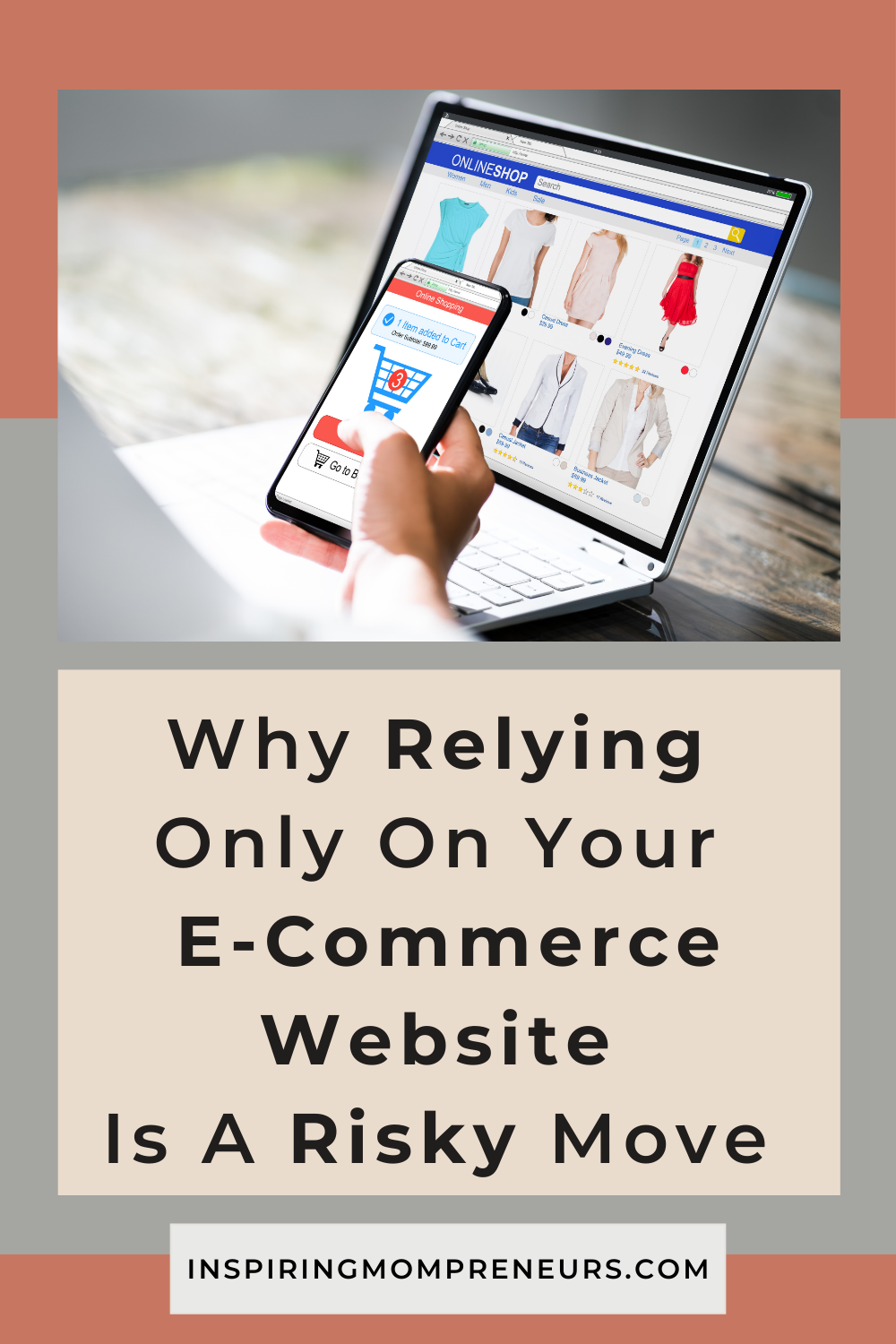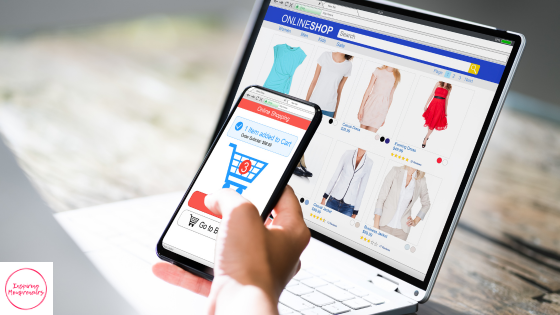Needless to say, there are a lot of components when it comes to having a healthy and thriving e-commerce business. But the thing is, it’s not only about your website. Yes! You read that right! Having a great e-commerce website is a big deal for any business. Since this is where customers come to browse, buy, and connect with the brand.
But selling everyone on one website is risky. Nowadays, for most businesses, having just one website and one platform isn’t going to be enough.
It’s super important to expand beyond your own site and tap into other selling platforms like eBay, Etsy, Amazon, and more.
So, with that all said, let’s talk about why spreading your wings across multiple platforms can be a total game-changer for your business.
Why Relying Only on Your E-Commerce Website is a Risky Move
Reach More Shoppers
Your website might be awesome, but it’s not the only place people shop. People really prefer using big website platforms like eBay, Etsy, and Amazon. Plus, they have millions of active users looking for products just like yours. So, if you’re listing your items on these platforms, you’re putting your products in front of a whole new audience—people who might not even know your website exists.
So, just think of it this way; you it’s like you’re setting up shop in the busiest parts of town—suddenly, your stuff is being seen by way more people. But also, a lot of people will only buy from these major platforms because they trust them the most (and more scammy and fake e-commerce websites are becoming the norm).
 Easier to Leverage Tools
Easier to Leverage Tools
Regardless of what platform you’re selling on, there are usually built-in tools or some other perks. It might be sponsored listening, keyword optimization, or even other options too. Plus, there are a lot of third-party resources for certain platforms like fulfillment eBay, Amazon, and plenty of other e-commerce platforms out there. You should seriously leverage these and use them to your advantage!
Build Trust with Customers
Let’s be real: platforms like Amazon, Etsy, and eBay have spent years building up trust with their users. Actually, it’s decades for both of them.
So, shoppers know that when they buy something on these sites, they’re likely to get a good experience. Your brand gets to ride that wave of trust by selling on these websites. This is especially helpful if your business is still growing and not yet a household name (and it’s rare that super small businesses are in the first place).
Plus, with customer reviews and ratings right there, people can feel confident in their purchase before they even consider visiting your website. So, people trust these websites, and people will trust your brand a lot faster— especially with reviews.
Don’t Put All Your Eggs in One Basket
For the most part, depending only on your e-commerce site is like putting all your eggs in one basket. What if there’s a drop in traffic, a technical glitch, or a sudden change in search engine rankings? So, just by spreading out your sales across multiple platforms, you’re diversifying your revenue streams and lowering your risk.
If one platform isn’t pulling its weight, the others can help keep things steady. Plus, each platform has its own unique audience, giving you more chances to cash in on different market trends.


